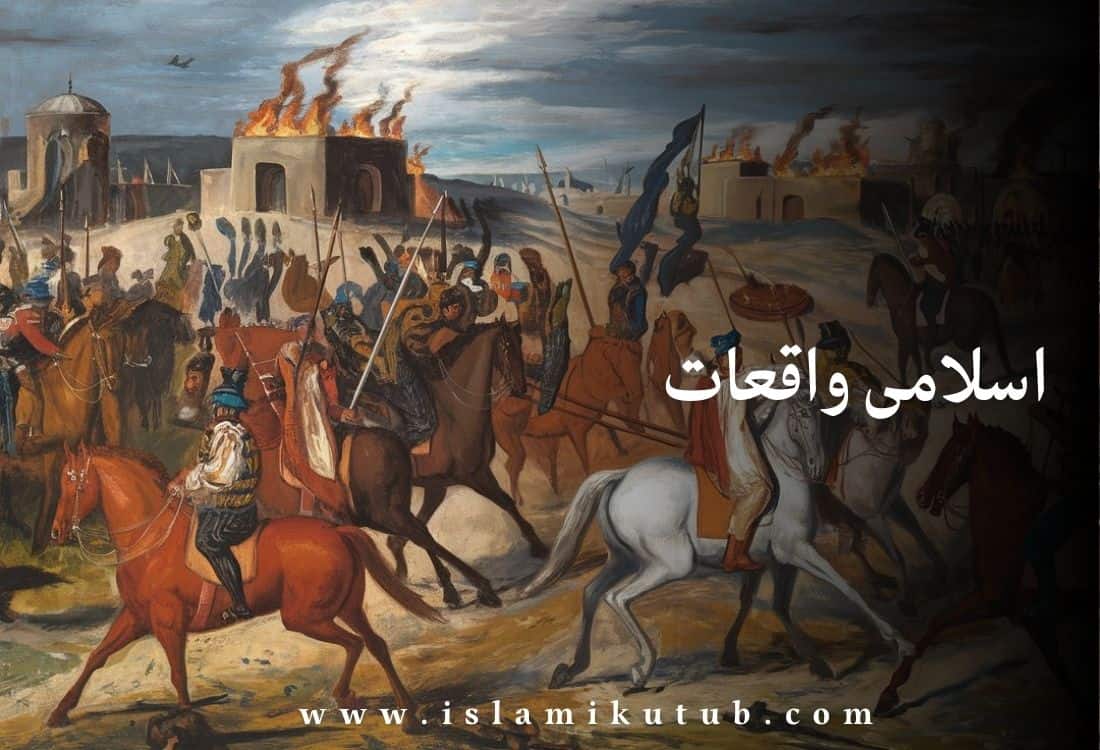The Rich Tapestry of Islamic History and Culture
Islamic history and culture are rich tapestries woven over more than fourteen centuries, touching every corner of the globe. From its beginnings in the Arabian Peninsula, Islam grew into a vast civilization influencing art, science, philosophy, and more. This article aims to provide a clear and engaging overview of this incredible journey.
The Birth of Islam
The story of Islam begins with Prophet Muhammad (SAW) in the 7th century CE. Muhammad (SAW) received revelations from ALLAH (God) through the Angel Gabriel, which were later compiled into the Quran, the holy book of Islam. These revelations laid down the foundation of Islam, encapsulated in the Five Pillars: Shahada (faith), Salah (prayer), Zakat (charity), Sawm (fasting), and Hajj (pilgrimage).
One day, Muhammad (SAW), a humble merchant from Mecca, retreated to a cave on Mount Hira to meditate. There, he received his first revelation, marking the beginning of his prophethood. This profound experience changed the course of history, uniting the tribes of Arabia under a single faith.
The Caliphate and Expansion
When Hazrat Muhammad disappeared from the world in 632 CE, the leadership of the Muslim community passed to the Caliphs, starting with Abu Bakr. The early caliphs, known as the Rashidun, expanded Islamic territories beyond Arabia. Following them, the Umayyad and Abbasid Caliphates pushed further, stretching from Spain to India.
The Umayyads moved the capital to Damascus, while the Abbasids established Baghdad as their centre. These cities became cultural and intellectual hubs, fostering advancements in science, medicine, mathematics, and philosophy. For example, the mathematician Al-Khwarizmi, often called the “father of algebra,” lived during this era, and his works laid the groundwork for modern mathematics.
The Golden Age of Islamic Civilization
The Islamic Golden Age, spanning from the 8th to the 14th century, was a time of extraordinary intellectual and cultural growth. Scholars translated and built upon the knowledge of ancient Greek, Persian, and Indian sources. The House of Wisdom in Baghdad epitomized this era, attracting scholars from around the world.
During this period, Ibn Sina (Avicenna) wrote “The Canon of Medicine,” a text used in European universities for centuries. Al-Razi (Rhazes) made significant contributions to medicine and chemistry. These advancements were not confined to the elite; they improved the daily lives of people across the Islamic world.
Art and Architecture
Islamic art and architecture are renowned for their beauty and intricate designs. Key elements include geometric patterns, arabesques, and calligraphy, often reflecting the unity and infinite nature of Allah. Notable structures include the Alhambra in Spain, the Great Mosque of Cordoba, and the Dome of the Rock in Jerusalem.
The Alhambra in Granada, Spain, is a stunning example of Islamic architecture. Walking through its intricately decorated halls and lush gardens, one can feel the historical grandeur and spiritual depth of Islamic culture. These buildings not only served religious purposes but also stood as symbols of the civilization’s artistic achievements.
Literature and Poetry
Islamic culture boasts a rich literary tradition. The Quran is the cornerstone, but secular literature also flourished. “One Thousand and One Nights” (Arabian Nights) is a collection of stories that continues to captivate audiences worldwide. Persian poets like Rumi and Hafez are celebrated for their mystical and romantic poetry.
Rumi’s poetry, filled with themes of love and unity, resonates deeply with readers even today. His famous lines, “The wound is the place where the Light enters you,” offer profound insights into the human experience, transcending cultural and temporal boundaries.
Social and Cultural Practices
Islamic culture is deeply intertwined with daily life and social practices. The principles of Islam guide ethical conduct, social justice, and community responsibilities. Observing Ramadan, a month of fasting, and celebrating Eid festivals are integral to Islamic cultural identity.
During Ramadan, Muslims fast from dawn to dusk, breaking their fast with a meal called Iftar. This practice fosters a sense of community and empathy for the less fortunate. The Eid al-Fitr celebration marks the end of Ramadan, filled with prayers, feasting, and giving of alms.
The Influence of Sufism
Sufism, the mystical dimension of Islam, seeks a personal experience of God through practices like chanting, meditation, and dance. Sufi orders, or tariqas, have been instrumental in spreading Islam and fostering spiritual growth. Figures like Rumi and Al-Ghazali are prominent Sufi scholars whose works continue to inspire.
The whirling dervishes of the Mevlevi Order are a striking example of Sufi practice. Their spinning dance, a form of meditation, symbolises the spiritual journey toward divine love and truth. Witnessing a Sufi ceremony is an unforgettable experience, reflecting the depth and beauty of Islamic spirituality.
Modern Contributions and Challenges
Today, the Islamic world faces various challenges and opportunities. Muslim-majority countries contribute to global culture, science, and politics while grappling with issues of modernization, extremism, and socio-economic development.
Efforts to preserve Islamic heritage and promote intercultural dialogue are vital. Organizations like the Organisation of Islamic Cooperation (OIC) work towards fostering unity and cooperation among Muslim nations. The global Muslim community continues to make strides in various fields, contributing to a better understanding and appreciation of Islamic culture.
Conclusion
Islamic history and culture offer a rich tapestry of achievements, wisdom, and traditions that have shaped human civilization. From scientific advancements to artistic expressions, the legacy of the Islamic world is both profound and enduring. Understanding this heritage fosters greater respect and collaboration among diverse cultures, paving the way for a more harmonious world.



One Response